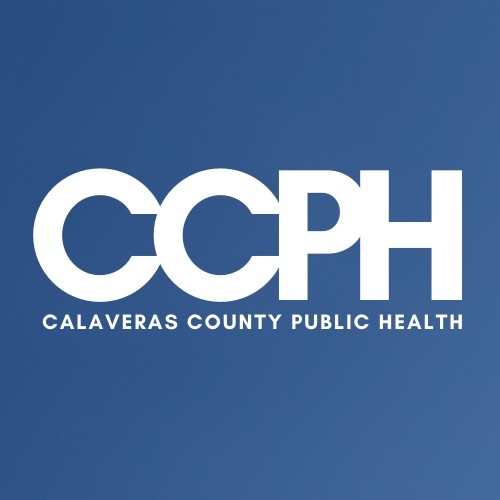San Andreas, CA…On Thursday, December 19, Governor Gavin Newsom declared a State of Emergency in response to rising cases of Avian influenza A (H5N1), also known as “Bird Flu.” California is one of seven states in the United States reporting cases of the virus in both dairy cattle and humans. H5N1 was first identified in the United States among poultry in 2022 and later found in cattle in March 2024. Although human infection is considered uncommon, California has reported 34 cases since April 2024. Calaveras County has no reported cases of Bird Flu.
“Poultry owners should be aware of the signs of Bird Flu in their flocks,” said Jesse Fowler, Calaveras County Agricultural Commissioner. “Reporting suspected illnesses early is key to safeguarding our local food supply and protecting agricultural producers.”
Bird Flu in Animals
Bird Flu can spread among birds (poultry), cattle, humans, and other mammals, such as cats. The virus spreads through droplets or particles of animal feces (manure), raw milk, and saliva (spit).
Symptoms in Animals:
• Cats: fever, decreased energy, low appetite, tremors, seizures, incoordination, blindness, nasal discharge, coughing or sneezing, lethargy, and eye discharge (conjunctivitis)
• Cattle: low appetite, reduced milk production, and abnormal appearance of milk (thickened, discolored)
• Poultry: sudden death, trouble breathing, clear runny discharge (from nose, mouth, and eyes), lethargy, low appetite swelling (eyes, head, wattles, or combs), discolored or bruised comb, wattles, or legs, stumbling/falling, or a twisted neck
Prevention for Animals:
• Use recommended biosecurity methods: Poultry owners in California are strongly encouraged to protect their flocks by increasing their biosecurity practices. Visit CDFA and USDA for best practices.
• Report unusual or suspicious illnesses or deaths: Poultry owners should call the CDFA Sick Bird Hotline at 866-922-BIRD (2473).
• Prevent animal contact with wild birds: Use barriers to prevent direct contact with wild birds and other animals infected with or suspected to have Bird Flu. Wild birds can be infected with Bird Flu even if they don’t look sick.
• Avoid raw milk products: Do not feed pets or animals raw milk or raw milk products, especially from animals with confirmed or suspected Bird Flu infection.
To read the full press release, please visit https://tinyurl.com/y5hvt94n.



